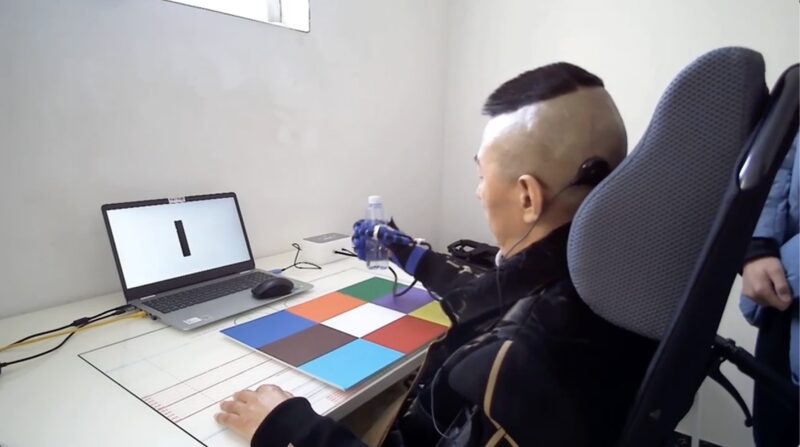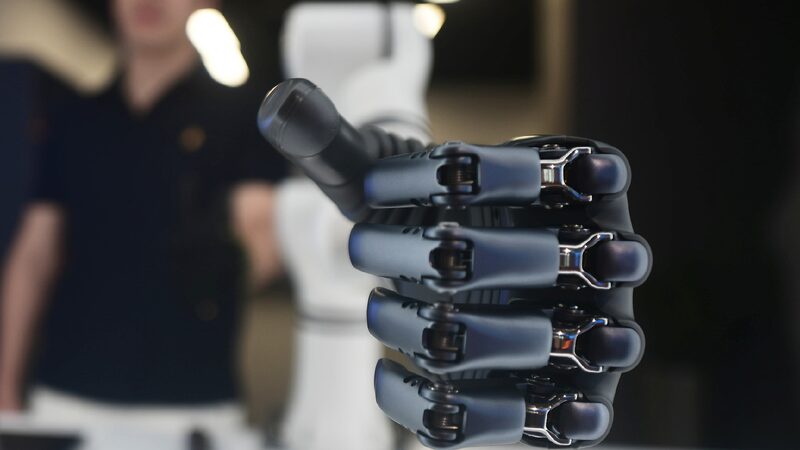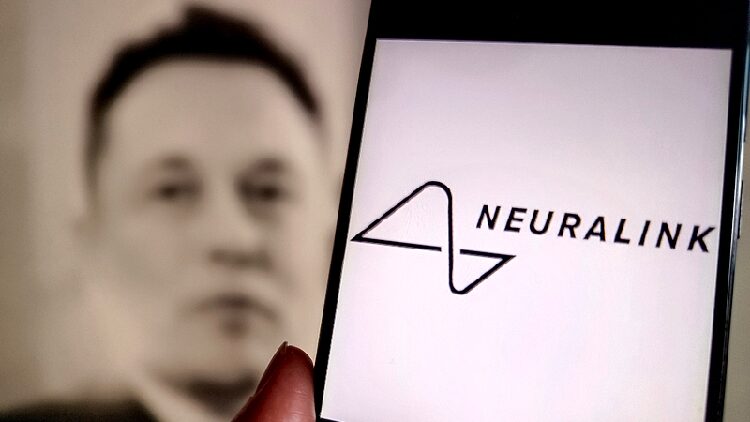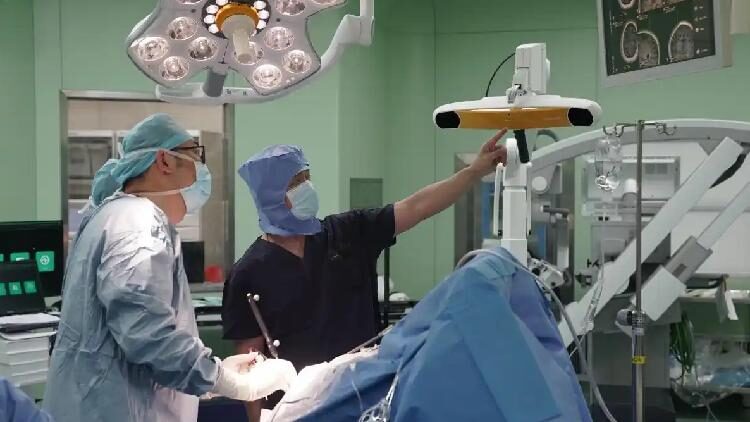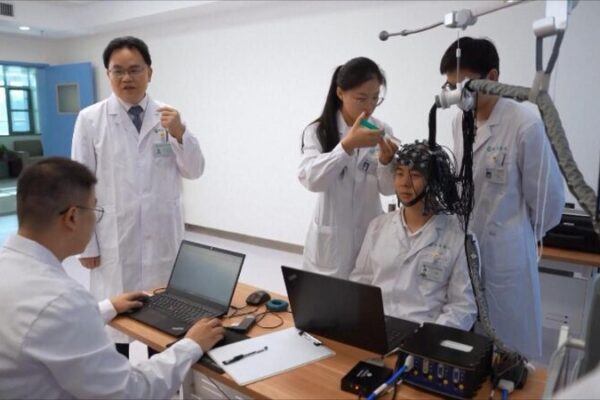Imagine controlling a device with just your thoughts. In a groundbreaking move, the Chinese mainland is paving the way for this sci-fi dream to become reality. China’s National Healthcare Security Administration has just set pricing guidelines for brain-computer interface (BCI) technologies, bringing us closer to a future where minds and machines merge.
BCI allows direct communication between the brain and external devices, using implanted electrodes or external sensors. This technology could revolutionize the lives of people with disabilities, giving them newfound control over prosthetics or other assistive devices.
There are two main types of BCI: invasive, which involves implants directly into brain tissue, and non-invasive, which uses sensors placed on the scalp. China’s approach is a game-changer—it uses a semi-invasive method that avoids direct brain tissue damage while still capturing high-quality signals.
Developed by scientists at Tsinghua University, led by Hong Bo from the School of Medicine, the Neural Electronic Opportunity (NEO) device is at the forefront of this innovation. The NEO device is placed between the skull and the dura mater, the outermost protective layer of the brain, minimizing risks associated with fully invasive procedures.
This approach has already seen success in clinical trials. In the first surgery at Xuanwu Hospital of the Capital Medical University in Beijing, a patient regained hand movement with the help of an air-filled glove controlled via the NEO device.
So far, three patients have received the NEO implant. The research team plans to complete 30 to 50 clinical cases by 2025. They’re also collaborating with a company to establish a production line in Shanghai’s Zhangjiang Cell Industrial Park, aiming to produce 10,000 devices annually.
Hong Bo shared that the next version of the NEO device will be as small as a coin, featuring 64 channels, lighter materials, and advanced chip technology for enhanced performance.
With these advancements, China is not only setting the stage for cutting-edge medical treatments but also inspiring hope for millions who could benefit from BCI technologies in the near future.
Reference(s):
China sets pricing guidelines for brain-computer interface services
cgtn.com
